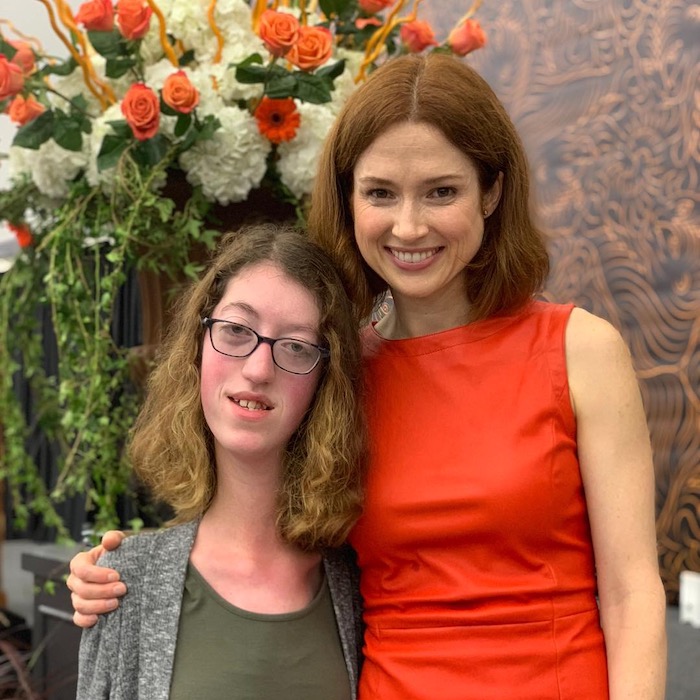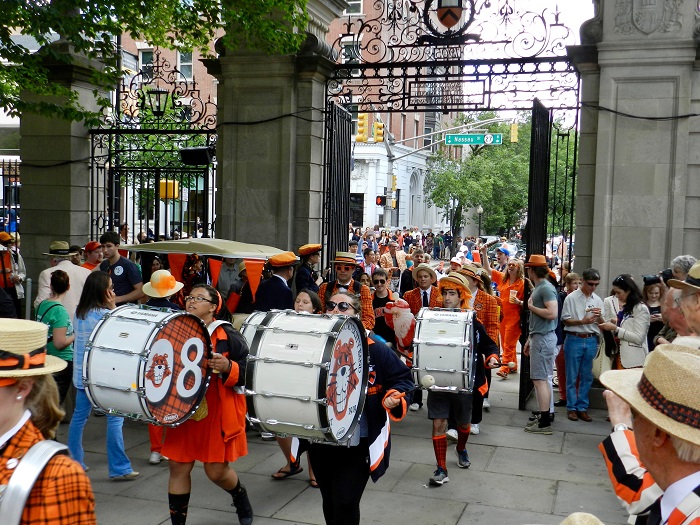An April month not so long ago (okay it was 27 years ago), I was trying to decide what college I would attend. I was blessed with several options. Ultimately, Princeton felt like home. I found the thought of writing a thesis invigorating and was excited that I would be able to engage with professors from a variety of academic backgrounds. The director of the African-American Studies at the time, Cornel West, even took time out of his busy day to have a conversation with me. Even then, when Princeton still included loans as a part of its financial aid package, my offer was the strongest I received, and I knew my family would not have to worry about affording college. While many things have changed about Princeton (like no loans) since my decision to attend, I chose to return to the University to work in the Office of the Vice Provost for Institutional Equity and Diversity to advance Princeton’s broad commitment to expand access and success for first-generation, low-to-moderate income (FLI) students at highly-selective colleges.
When I was a student at Princeton, I participated in a two-week summer program, Freshman Summer Orientation Program (FSOP) directed to students who may have been the first in their family to attend college. Since returning to campus, I have the opportunity to collaborate with the Programs for Access and Inclusion (PAI). PAI offers several programs connecting FLI students with each other and with resources on campus to thrive. As I reflect on my own challenges transitioning to college, it is a source of pride knowing that first-year and transfer students are able to benefit from the ongoing community they find through PAI programming. Some students may find community through their participation in the revamped and extended version of my beloved FSOP – Freshman Scholars Institute (FSI) or the four year leadership program, Scholars Institute Fellows Program (SIFP).
I was drawn back to Princeton because of its commitment to service and providing students opportunities to be engaged in the vital work of demystifying selective college admission. In my role at Princeton, I have the opportunity to partner with a number of amazing programs such as Leadership Enterprise for a Diverse America (LEDA) and Matriculate. As a Matriculate Advising Fellow, Princeton undergraduates provide online mentoring and coaching to high achieving FLI high school students to support their consideration of highly selective colleges and universities. This partnership aligns with Princeton’s informal motto, "Princeton in the nation’s service and the service of humanity."
During this “temporary abnormal,” as Princeton President Christopher Eisgruber '83 refers to this current state of affairs, try to enjoy exploring your college options. You will meet new people and learn about programs, activities and pathways that you may have never considered before. I encourage students to evaluate how a school fits your academic, extracurricular and other interests. I also encourage you to evaluate graduation rates, out-of-pocket expenses; and outcome data for colleges you are considering. Twenty-seven years ago, I chose Princeton as my home. I hope to see you on campus as a fellow Princetonian.








